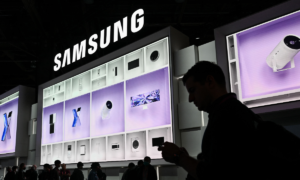Google launched its annual ‘Advertising Security Report’ that published some data on advertising governance. Google released an advertising safety report: Approximately 3.1 billion illegal ads were blocked or removed in 2020.
The report mentioned that in 2020, Google added or updated more than 40 policies for advertisers and publishers, blocked or removed approximately 3.1 billion ads that violated our policies, and restricted 6.4 billion ads.
‘Our implementation is not a one-size-fits-all approach. This year, we shared information on advertising restrictions for the first time. This is a core part of our overall strategy.’ The report mentioned that advertising restrictions allow Google to comply with regional and local laws.

And the Google certification program adopts corresponding implementation methods to ensure that approved advertisements are displayed only when they are suitable for placement, comply with regulatory requirements, and are legal.
Google is also continuing to invest in automatic detection technology to effectively scan webpages on a large scale to determine whether they comply with publisher policies. In 2020, ads were removed from 1.3 billion publisher webpages, up from 21 million in 2019 and more than 160 million.
Thousands of publisher sites with general or severe violations have stopped advertising. The report pointed out that last year, Google blocked more than 99 million advertisements related to the new crown pneumonia, including those that promoted ‘magic medicine’, promoted N95 masks while in short supply, and recently promoted fake vaccines.
Along with this, the number of advertising accounts disabled by Google for policy violations increased by 70%, from 1 million to 1.7 million. Google said that in the coming year, it will continue to invest in policies, expert teams, and execution technology to prevent potential threats in advance.
It will also continue to increase the scope of implementation of the verification program on a global scale, and strive to improve transparency. The majority of users disclose more information about the advertising experience.

(Via)



